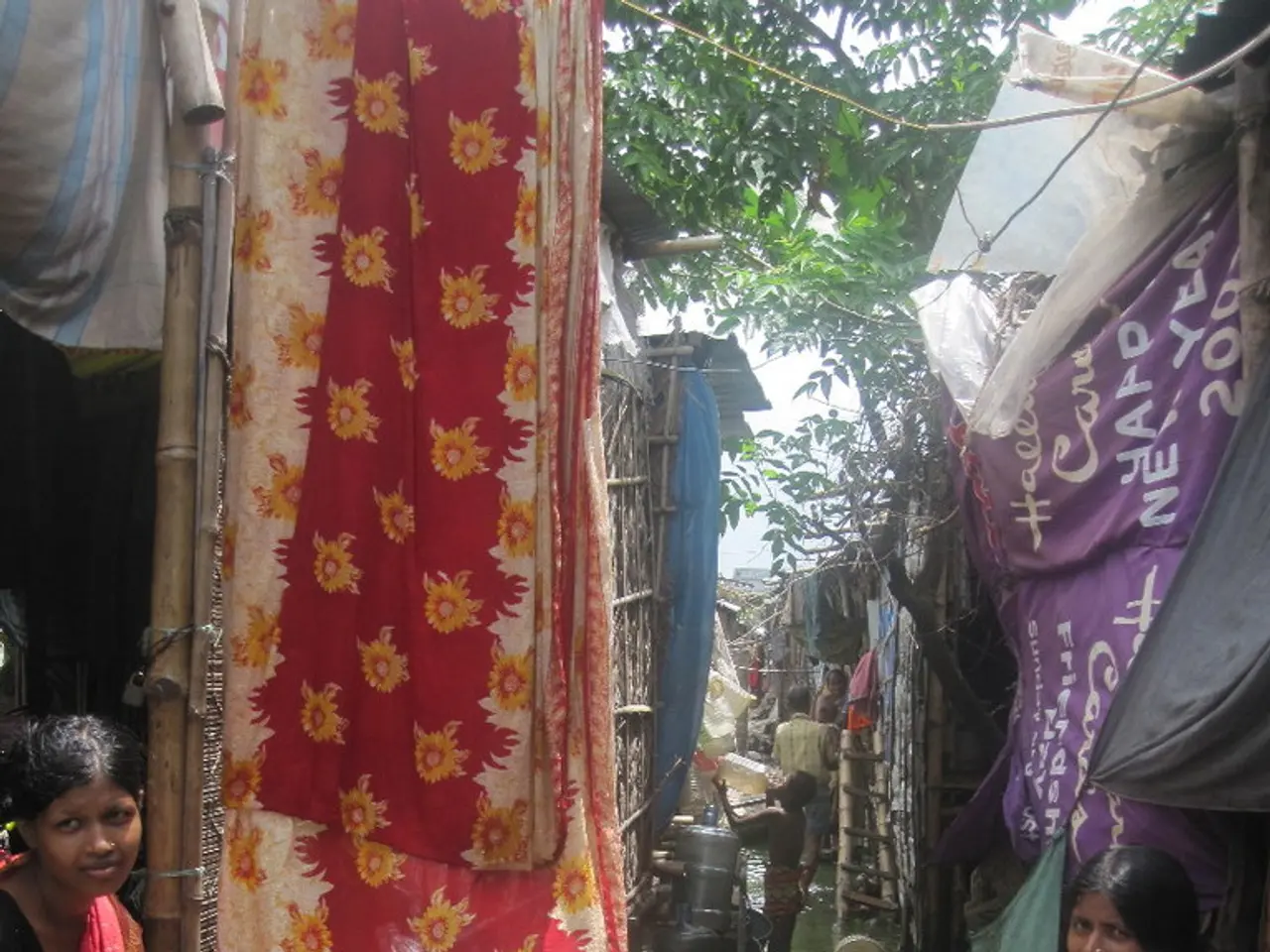Understanding the SLUMS Test for Evaluating Dementia
The SLUMS Test: A Comprehensive Tool for Detecting Cognitive Decline
The Saint Louis University Mental Status (SLUMS) test is a brief cognitive screening tool designed to identify mild cognitive impairment (MCI) and dementia in adults aged 70 and older [1]. This assessment tool, developed with a group of veterans over 60 years old, helps healthcare providers evaluate memory, attention, and problem-solving abilities to identify early signs of cognitive decline.
The Components of the SLUMS Test
The SLUMS test consists of 11 questions that evaluate various aspects of cognition, including:
- Orientation (awareness of time, date, place)
- Memory (immediate and delayed recall)
- Attention and calculation (serial subtraction)
- Executive function (e.g., clock drawing)
- Language and naming
- Problem-solving and reasoning tasks
These components allow the SLUMS test to assess several aspects of cognition beyond what simpler tests like the Mini-Mental State Examination (MMSE) cover, making it more sensitive for detecting mild cognitive issues.
Diagnostic Role of the SLUMS Test
The SLUMS test helps in diagnosing dementia or MCI by providing a scored assessment of cognitive function that can distinguish between normal cognition, MCI, and dementia. It assists clinicians in identifying cognitive impairment that affects daily function or problem-solving, contributing to a more accurate diagnosis and treatment planning.
It's important to note that further research is necessary to determine the efficacy of the SLUMS test in various populations and settings [1].
Other Diagnostic Tools for Dementia
The Montreal Cognitive Assessment (MoCA), MMSE, AD8, FAQ, and Mini-Cog test are other diagnostic tools for dementia. Each test has its strengths and weaknesses, and the choice of test may depend on the individual's age, education level, and specific cognitive concerns.
Scoring Structure
The SLUMS test scores range from 1 to 30, with a lower score potentially indicating dementia. For individuals who have not completed a high school education, the scoring structure is: 25-30 indicates regular cognitive function, 20-24 indicates mild cognitive impairment, and 1-19 indicates dementia.
Prevention and Management of Dementia
While there is currently no cure for dementia, certain medications may slow the progression of Alzheimer's disease. Practicing a healthy lifestyle, such as following a healthy diet, exercising regularly, and quitting smoking, may help prevent dementia.
In rare cases, genetic testing may be used in dementia screening if there is a strong family history of Alzheimer's disease or early onset Alzheimer's disease. Brain imaging may also be used to rule out other causes of dementia-like symptoms such as head trauma, excess fluid in the brain, stroke, or tumors.
In cases where dementia is diagnosed, a healthcare professional may recommend further testing and management strategies to help individuals manage their symptoms and maintain their quality of life.
[1] https://www.ncbi.nlm.nih.gov/pmc/articles/PMC3168746/
- The SLUMS test, designed for adults aged 70 and above, is useful in identifying not only dementia but also mild cognitive impairment (MCI).
- Developed with a group of veterans, the SLUMS test evaluates memory, attention, and problem-solving abilities.
- The SLUMS test is more sensitive than simpler tests like the Mini-Mental State Examination (MMSE) due to its comprehensive coverage of various cognitive aspects.
- The SLUMS test can help identify early signs of cognitive decline, contributing to prompt diagnosis and treatment.
- The SLUMS test consists of 11 questions evaluating orientation, memory, attention, executive function, language, problem-solving, and more.
- The Montreal Cognitive Assessment (MoCA), MMSE, AD8, FAQ, and Mini-Cog are other diagnostic tools for dementia, each with its own strengths and weaknesses.
- The scoring structure for the SLUMS test ranges from 1 to 30, with a lower score possibly indicating dementia.
- For those without a high school education, the SLUMS test scoring structure is 25-30 for regular cognitive function, 20-24 for mild cognitive impairment, and 1-19 for dementia.
- While there's no cure for dementia, certain medications may slow the progression of Alzheimer's disease.
- Adopting a healthy lifestyle, such as balanced nutrition, regular exercise, and smoking cessation, may prevent dementia.
- Genetic testing may be considered for those with a strong family history of Alzheimer's disease or early-onset Alzheimer's disease.
- Brain imaging can help rule out other causes of dementia-like symptoms, such as head trauma, excess fluid, stroke, or tumors.
- In cases where dementia is diagnosed, a healthcare professional may recommend further testing and tailored management strategies.
- Dementia treatment focuses on managing symptoms and maintaining quality of life to improve overall health-and-wellness.
- Other medical-conditions, such as HIV, diabetes, obesity, asthma, hepatitis, and neurological-disorders like multiple sclerosis, ulcerative colitis, and neurological-disorders, can also impact mental-health.
- Cardiovascular-health is crucial in maintaining cognitive function and overall health; regular fitness-and-exercise plays a vital role in this aspect.
- Mental-health is not solely about cognitive function; it encompasses emotional-wellbeing, anxiety, depression, and relationships, affecting our lifestyle, food-and-drink choices, and personal-finance management.
- Technology, data-and-cloud-computing, and wealth-management evolved to support health-and-wellness goals, helping individuals manage their medical-conditions, fitness-and-exercise routines, mental-health therapies-and-treatments, and personal-finance.
- Relationships, pets, travel, sports, and even sports-betting can influence one's health-and-wellness, affecting both physical and mental aspects.
- In the context of mental-health management,- it's essential to address various factors, including- mental-health, nutrition, cardiovascular-health, lifestyle, and skin-conditions like acne or eczema.
- Pursuing a holistic approach to health-and-wellness- which integrates medical-conditions management, nutrition, fitness-and-exercise, mental-health therapies-and-treatments, and lifestyle improvements-is crucial for optimal health.
- Embracing a healthy lifestyle, engaging in regular fitness-and-exercise, and practicing good nutrition are essential elements of the health-and-wellness journey that promote minimizing dementia risk, enhancing overall cognitive function, and supporting mental-health.




